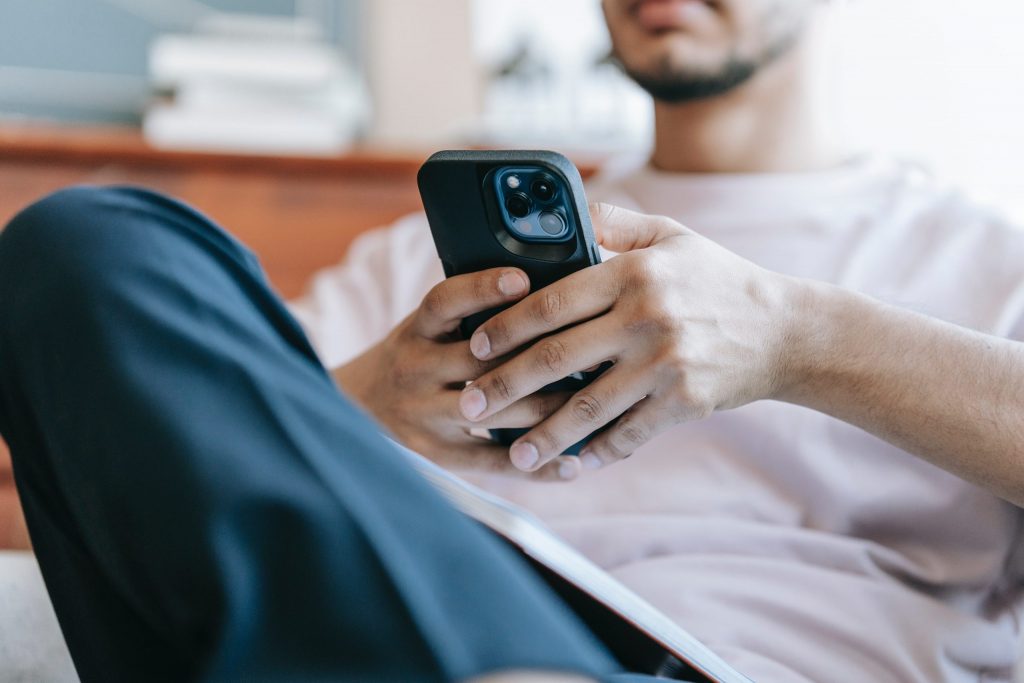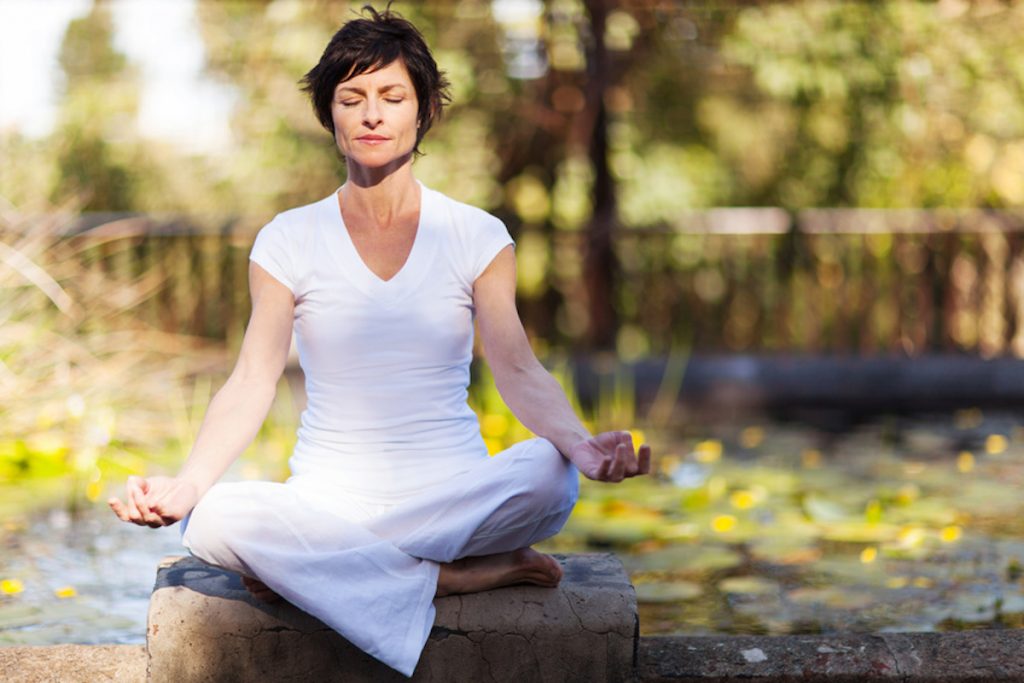
To mention that we are constantly “switched on” in the modern world is to venture into the realms of cliche. But like most cliches, this is something that happens to be true. The Internet – and the technological advancements that have accompanied it – has revolutionised our lives for the better in so many ways, creating thousands of new opportunities in the process. The downside is that many of us now feel more tied to our smartphones than we would like – addicted to the constant stream of information they represent.
Surveys have found that a significant number of people feel “worried or uncomfortable” if they can’t access Facebook or their emails, half will check their tablets and smartphones in bed, and many find it difficult to sleep after being on social media. We’ve become dependent on these devices for work, news and entertainment, but also for something that’s more worrying and profound. Around two thirds of people say that they would panic if they lost their smartphone, and for many it isn’t the loss of a fairly expensive item that worries them, it’s their loss of connection to the world.
Perhaps this is why people find it so hard to go on a “digital detox”, completely cutting themselves off from smartphones and Internet media for a few days. We’ve become accustomed to being able to access information and social interaction whenever we like, but much of this is dead time. We aren’t necessarily learning anything useful when we are on our smartphones, or even truly communicating.
In fact, we are often uncomfortably aware that a significant amount of this time is wasted. I’m sure plenty of people can identify with that frustrated feeling you get when you want to do something else, but find yourself going through twitter or Facebook and for some reason, you simply can’t stop. Clicking on links to news articles that make us stressed or unhappy, becoming impotently angry about views that differ to ours, ending up down information rabbit holes, reading work emails when we’re meant to be relaxing – I’m sure we’re all guilty of it, but what affect is it having on our wellbeing?
There hasn’t been enough research to know the answer to this question in general terms, but it’s certainly something we can answer on a personal level. Rolling news, facilitated by the up-to-the-moment nature of the Internet, is thought by some to make us fearful, aggressive and unable to concentrate. It’s also theorised that social media makes us believe that others are leading much better lives than our own – even, counterintuitively, making us feel lonelier.
There’s so much good in the new interconnectedness of the world that these gripes could be seen as a price well worth paying. But there’s no reason why we shouldn’t be in control of this technology, rather than the other way round. Managing our smartphone and social media use, especially if we are feeling anxious or stressed out, is likely to become more important as this technology becomes more sophisticated and ubiquitous. This is especially vital in relation to work, as long working hours have been linked with depression.
Giving up your smartphone, laptop and tablet for a few days (perhaps on holiday) will give you a chance to assess whether the way you use them is helpful and enhances your life, or something that causes you strain. Digital detoxes may be difficult, but can be well worth it if you realise you’re over-using this technology, and would be happier if you set some boundaries.

The Benefits of Beeja Meditation
- Reduce stress and anxiety
- Greater clarity and calm
- Increase focus
- Enhance relationships
- Sleep better
- Feel energised



